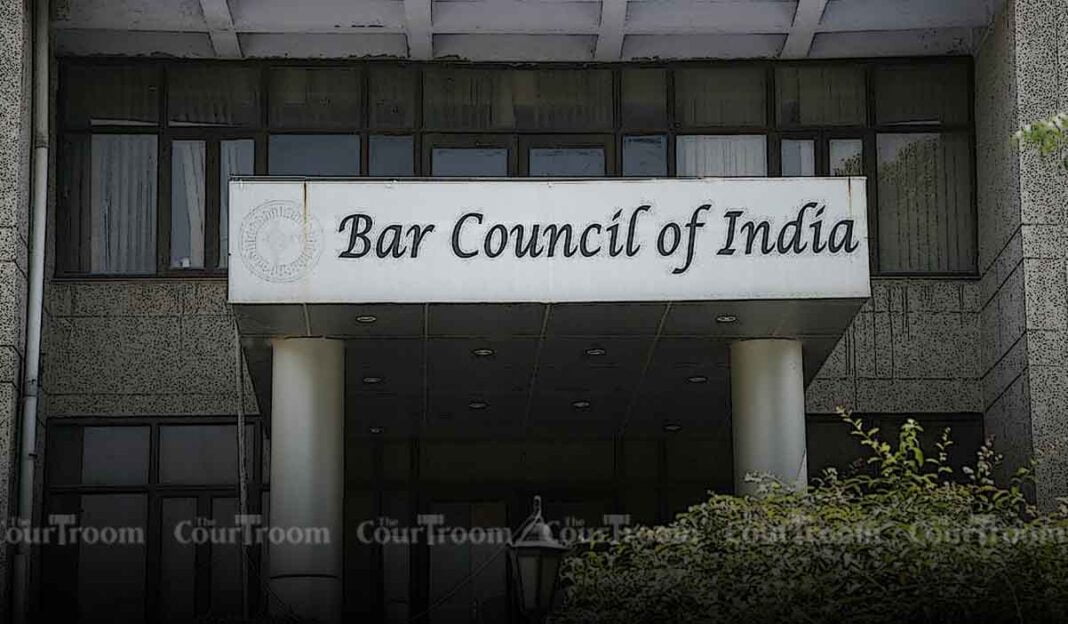SILF Urges BCI to Recognize General Counsel and Extend Attorney-Client Privilege in India
The Society of Indian Law Firms (SILF) has formally requested the Bar Council of India (BCI) to grant statutory recognition to General Counsel (GCs) in India as “legal advisers” under Section 129 of the Indian Evidence Act.
In a letter addressed to BCI Chairman Manan Kumar Mishra, SILF President Lalit Bhasin emphasized the necessity of extending attorney-client privilege, which is currently available only to litigating lawyers, to GCs as well. The letter asserts that a clarification under Section 126 of the Evidence Act, 1872, should include GCs as “pleaders” since they provide legal counsel within the corporate sector.
SILF has also called for GCs to be included in the list of eminent mediators and arbitrators under the Arbitration Act and to be permitted to represent their employers before courts and tribunals by amending Rule 49 of the BCI Rules. The organization highlighted the Supreme Court ruling in Bar Council of India v. AK Balaji, which stated that the practice of law encompasses both litigation and non-litigation activities.
“General Counsel are qualified lawyers who have passed the law examination as prescribed by the Bar Council of India and are practicing the profession of law within the corporate sector,” Bhasin stated.
The letter detailed the evolving role of GCs in India, noting their involvement not only in legal matters but also in business strategy, decision-making, cross-border transactions, corporate social responsibility, business expansion, and issues related to new-age technology. SILF argues that statutory recognition of GCs is essential in light of global trends and will bring clarity and accountability to their role. Such recognition would also provide GCs with professional privileges and protections, aiding in combating corruption and safeguarding their companies’ legal integrity.
SILF emphasized that Section 132 of the Bharatiya Sakshya Adhiniyam (BSA) restricts advocates from disclosing client communications, except in specific circumstances, and that confidential communication with legal advisers is protected under the Evidence Act.
Currently, BCI rules prohibit advocates from being full-time salaried employees of any corporation without informing the BCI and ceasing practice as an advocate. This rule hinders extending attorney-client privilege to GCs employed in organizations unless clarified by the BCI.
SILF pointed out that other jurisdictions, including Canada, Australia, England and Wales, Singapore, and the United States, protect communications between GCs and their employers, subject to certain conditions. Given this global precedent and the informal recognition of GCs, SILF has urged for their formal recognition as “legal advisers” under Indian law.
Share your news, articles, deals, columns, or press releases with us! Click the link to submit and join our platform today.


